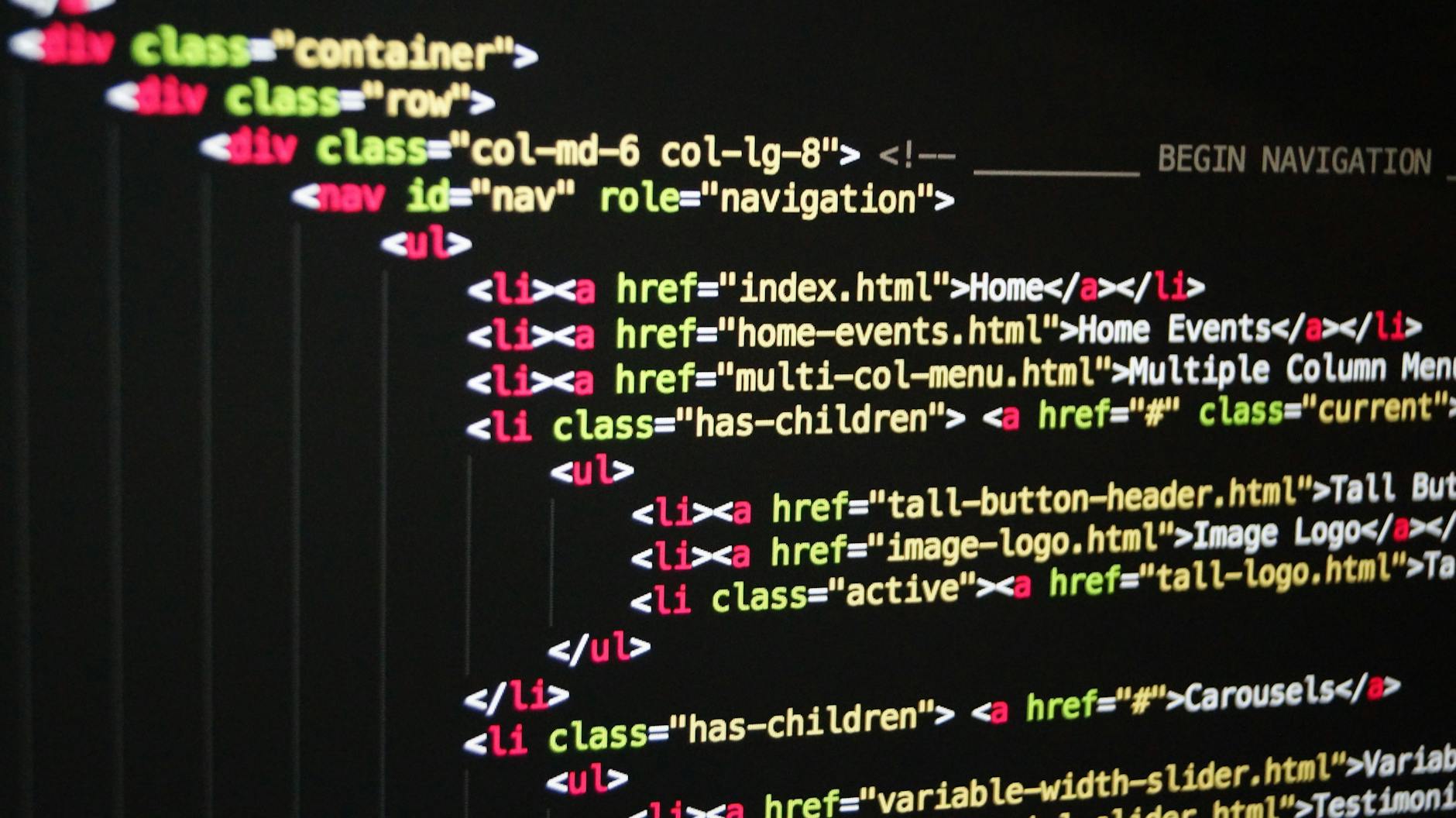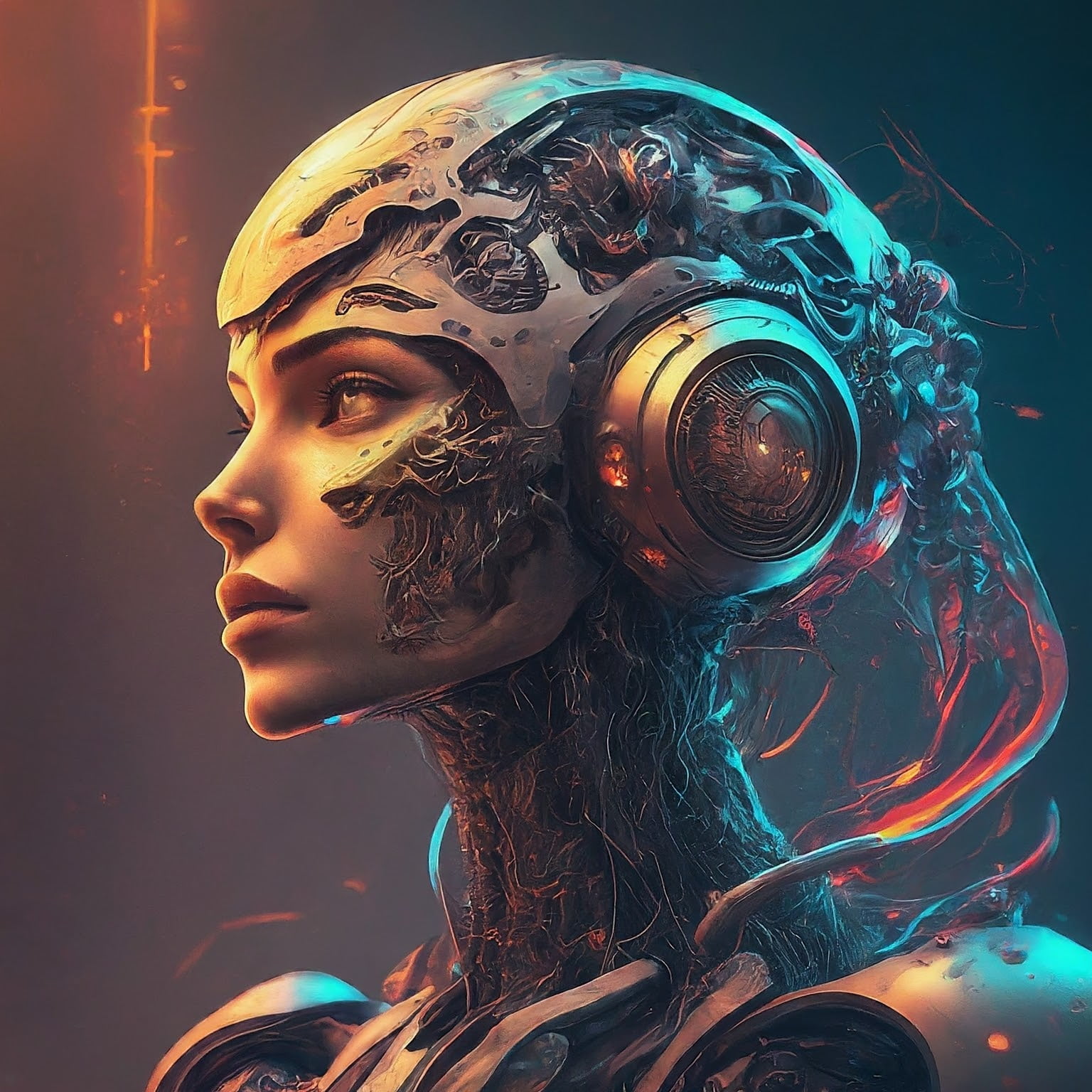Best AI Coding Tools to Explore in 2025
The rise of AI is reshaping how we approach coding and software development. In 2025, developers are turning to a new generation of tools that enhance productivity and streamline workflows. These AI tools not only automate repetitive tasks but also assist in problem-solving, making coding more efficient and less stressful.
In this post, you’ll discover the top 20 AI tools that every coder should check out. Each tool offers unique features that can help you write cleaner code, debug software, and even improve collaboration among team members. Whether you’re a seasoned developer or just starting, these tools can elevate your coding experience.
Get ready to explore powerful solutions that make coding smarter and more enjoyable.
Top AI Tools for Coding
As developers tap into innovative tools, the realm of coding is experiencing significant evolution. Here are some of the top AI tools that are shaping the coding experience in 2025.
GitHub Copilot
GitHub Copilot acts as a virtual programming partner, providing autocomplete-style code suggestions directly within integrated development environments (IDEs). It supports a variety of popular programming languages, such as Python, TypeScript, Ruby, C++, and Rust. This tool seamlessly integrates with major IDEs like Visual Studio Code, JetBrains IDEs, and Xcode, making it a flexible option for diverse development environments. Developers love how it can suggest entire lines of code or functions based on natural language descriptions. Check out more about GitHub Copilot features.

Photo by Pixabay
Aider
Aider stands out by transforming your terminal into an AI coding assistant. Its unique ability to function offline makes it appealing to developers who prefer working without constant internet connectivity. This tool focuses on pair programming, allowing users to collaborate with their AI counterpart effectively. Aider is designed for those who appreciate hands-on coding assistance in a terminal environment, making it ideal for developers looking for a more direct coding experience. Explore Aider’s offerings here.
Cursor
Cursor is tailored for coders who wish to enhance their workflow. This AI-powered code editor uses smart autocomplete features, predicting developer intentions and suggesting edits in real time. It improves code generation and comprehension, making it easy to interact with your codebase efficiently. Cursor’s ability to make complex coding tasks smoother sets it apart from traditional coding methods. You can learn more about its features on its official site.
Windsurf
Windsurf merges AI capabilities with coding tools to assist developers in both collaboration and independent tasks. Its special focus lies in indexing vast lines of code quickly and accurately, thanks to its integrated AI-driven search feature. It can take command of complex coding tasks while also guiding the developer through the process as a helpful co-pilot. Windsurf appeals to developers who want an AI that manages various coding aspects seamlessly. For details on Windsurf’s functionality, check this link here.
Codeium
Codeium aims to boost productivity using AI-generated code suggestions, chat assistance, and editor integration. It is designed for both novice and experienced developers, providing varying levels of support based on user needs. With its ability to streamline coding processes and enhance collaboration, it is a vital tool for teams working on software development projects. For a deeper dive into what makes Codeium unique, visit their official site.
By exploring these AI tools, coders can elevate their workflows and make coding more enjoyable. Each tool offers distinct advantages that cater to different programming needs, ensuring that there’s something for everyone.
Specialized AI Tools for Specific Needs
With the growing array of AI tools available, developers need specialized solutions tailored to their specific coding challenges. Here are a few standout tools worth considering as you refine your coding process.
Codiga
Codiga serves a crucial role in maintaining code quality. This tool offers real-time static code analysis, helping developers catch errors early in the process. The seamless integration with popular CI/CD pipelines ensures that code quality is monitored with each commit, making it easier to maintain high standards. Codiga stands out by providing insightful metrics through a user-friendly dashboard, enabling developers to make informed decisions about their code. As a result, teams can automate code reviews and enhance reliability. Discover more about its functionalities on the Codiga website.

Photo by Pixabay
Sonnet 3.5
Sonnet 3.5 has captured the attention of many developers due to its impressive performance metrics. It has achieved top scores on benchmark tests, outperforming many previous models and demonstrating its capacity to generate quality code reliably. Developers appreciate its ability to understand context better, resulting in more relevant suggestions. This performance enhancement has led to widespread adoption among teams looking for more efficient coding processes. You can explore its benchmarks and details on Anthropic’s site.
Bolt.new
When it comes to rapid development, Bolt.new is a game-changer. It’s designed to transform plain English prompts into functional applications, eliminating the traditional coding barrier. This tool excels at quickly scaffolding projects for various frameworks, allowing developers to focus on the creative aspects of their work. Its features include real-time debugging and automated package management, making it an ideal choice for building Minimum Viable Products (MVPs) swiftly. For more information, visit this review.
v0
Vercel’s v0 focuses on delivering code efficiency. It provides enhanced support for modern libraries and frameworks, ensuring that generated code is optimized for performance. Developers can expect streamlined workflows, as v0 reduces repetitive tasks through its automation features. This focus on efficiency makes v0 an important tool for developers looking to produce high-quality code quickly. Learn about its capabilities here.
Pseudocode AI
Pseudocode AI assists developers in the brainstorming and planning phases of algorithm design. By offering a simplified method to outline algorithms without diving into syntax, it saves time and promotes clarity. This tool allows developers to visualize their thought processes, highlighting potential flaws in their designs before they transition to coding. Implementing Pseudocode in planning can lead to smoother coding experiences later on. Gain insights into its benefits from this article.
By integrating these specialized AI tools into your workflow, you can not only enhance productivity but also improve the overall quality of your code. Each tool caters to specific needs, making them valuable assets for developers in 2025.
Emerging Trends in AI Coding Tools
The landscape of software development is transforming rapidly, thanks to emerging AI coding tools. In 2025, developers are embracing innovations that streamline coding processes, enhance collaboration, and address ethical concerns. Here are the key trends shaping this evolution in AI coding tools.
AI-Powered Code Review
AI is significantly enhancing the code review process, making it faster and more thorough. Traditional code reviews can be time-consuming and often rely on manual checks that might miss crucial errors. AI-powered tools analyze code using advanced algorithms, spotting potential bugs and vulnerabilities that human reviewers might overlook. This allows teams to focus on higher-level issues and improves overall code quality.
For instance, tools like Amazon CodeGuru offer automated recommendations for code improvements, streamlining the review process. As AI continues to evolve, expect to see more sophisticated tools that can predict code behavior and suggest optimizations in real time. Discover more about the impact of AI on code reviews here.
Increased Integration with CI/CD Pipelines
Integrating AI tools into Continuous Integration and Continuous Delivery (CI/CD) workflows is becoming essential. Developers need to identify bottlenecks and optimize deployments quickly, without compromising quality. AI can automate testing and deployment tasks, ensuring a smoother integration process.
By employing predictive capabilities, AI tools can foresee failures and help in managing resources efficiently. For example, AI can adjust CI/CD pipelines dynamically based on data from previous builds. This reduces downtime and enhances the overall efficiency of software delivery. Learn about the latest advancements in CI/CD provided by AI here.
Collaboration Features
Recent advancements in AI coding tools have significantly improved collaboration among development teams. With real-time feedback and assistance capabilities, tools like GitHub Copilot create a more connected work environment. Developers can now share code snippets and receive instant suggestions, making pair programming much more effective.
AI-driven tools also facilitate knowledge sharing, enabling team members to learn from one another as they code together. These features are enhancing productivity and making it easier for teams to create high-quality software quickly. Explore more about collaboration tools in AI here.
Ethical Considerations
As AI-generated code becomes more prevalent, ethical concerns are emerging. Issues related to intellectual property rights, data privacy, and bias in AI systems require attention. There is a growing need for clear guidelines and policies to regulate AI usage in software development.
Developers must navigate these challenges carefully to maintain trust in digital systems. Ethical AI practices are critical to ensuring that AI tools do not perpetuate biases or infringe on privacy rights. Read more about the ethical challenges facing AI in coding here.
Future of AI in Software Development
The future of AI in software development looks promising. With the introduction of software 2.0 applications, we can expect tools that fully automate coding processes. As AI evolves, it will likely democratize software development, allowing individuals without extensive coding backgrounds to build functional applications.
Moreover, continuous improvement in AI technologies will lead to more accurate predictions and better coding recommendations. The potential for AI to assist in creating more reliable and efficient software is vast. For more on predictions and trends for software in 2025, check out this article here.
Conclusion
AI tools are revolutionizing coding by improving efficiency and simplifying complex tasks. As we move into 2025, the tools highlighted in this post stand out for their ability to enhance productivity, streamline workflows, and foster collaboration.
Don’t miss out on the chance to explore these innovative solutions. Each tool offers a unique approach to tackling coding challenges, making your development experience more enjoyable.
What challenges do you face in coding today? Consider trying out these AI tools and see how they can transform your coding process. Share your thoughts and experiences in the comments below!

